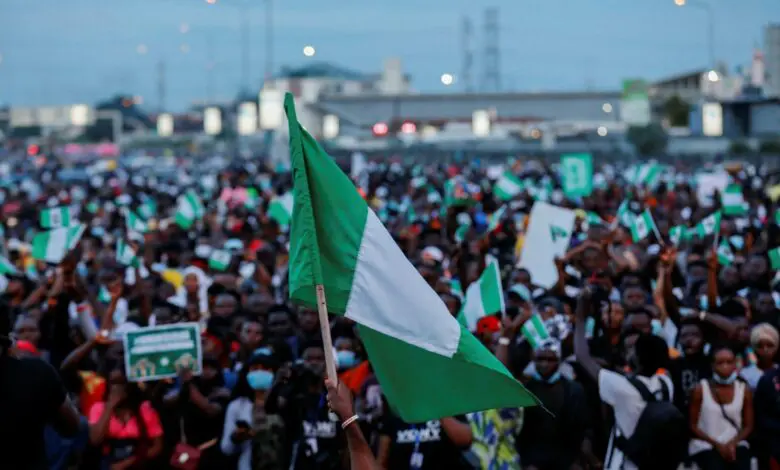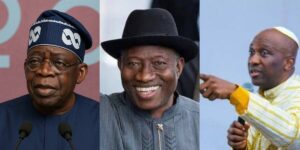As Nigeria approaches its 64th Independence Day on October 1, 2024, the Federal Government has announced that this year’s celebration will be a low-key affair. This decision comes in light of the ongoing economic crisis that has left many Nigerians struggling to afford basic necessities. The announcement, made by the Secretary to the Government of the Federation, Senator George Akume, highlights the government’s recognition of the severe hardships faced by its citizens under the current economic conditions.
The economic situation in Nigeria has significantly worsened over the past year, particularly after the removal of the fuel subsidy in May 2023. This policy shift has led to skyrocketing fuel prices, which are now hovering between N900 and N1,900 per liter, a drastic increase from less than N200 per liter just two years ago. As a direct consequence of rising fuel costs, the prices of essential food items have surged, contributing to a deepening crisis of hunger and poverty across the nation.
Recent data from the National Bureau of Statistics (NBS) reveals alarming price increases for staple foods. For instance, the price of beans has surged by over 271% year-on-year, with one kilogram now costing N2,574.63, compared to N692.95 a year earlier. Similarly, the average price of local rice has risen by 148%, reaching N1,831.05 per kilogram. Medium-sized eggs have also seen a staggering price increase of 121.92%, further burdening households already grappling with financial strain.
In response to these escalating hardships, the EndBadGovernance movement has organized protests across the country, titled “FearlessInOctober.” These protests are seen as an extension of the hunger protests held in August, where many young Nigerians took to the streets to demand immediate action from the government. The August protests, however, were marred by violence, with reports indicating that over 30 people were killed during the demonstrations. Activists claim that many of these casualties were due to gunfire from law enforcement and armed groups.
Despite the risks, organizers are calling for peaceful protests on Independence Day, urging citizens to voice their frustrations over the government’s failure to address the soaring cost of living and widespread poverty. In a joint statement, various activist groups—including the Education Rights Campaign, Movement for Fundamental Change, and Youth Rights Campaign—emphasized that their demands from previous protests have not been met, further fueling their determination to protest again.
In anticipation of the planned protests, security agencies, including the Lagos State Police and the Department of State Services (DSS), have issued stern warnings against potential disruptions. The Lagos State Police Commissioner, Olarenwaju Ishola, assured the public that while the right to protest is legitimate, law and order must be maintained. The DSS director in Lagos, Dapo Amao, echoed this sentiment, emphasizing that protests should be conducted in a civilized manner.
However, activists, such as Omoyele Sowore, insist that security forces have a responsibility to protect peaceful protesters. Sowore argues that the ongoing arrests and intimidation of demonstrators reflect the government’s attempts to stifle dissent. He and other activists assert that unless the government addresses their grievances—particularly the high cost of living and fuel prices—protests will continue.
The stark contrast between the government’s planned low-key celebrations and the increasing unrest among the populace underscores the urgent need for change in Nigeria. Many citizens feel that they have no choice but to protest, as the worsening economic situation shows no signs of improvement. Activists believe that their continued demonstrations are crucial for bringing attention to the plight of everyday Nigerians who are suffering due to the government’s policies.
As Independence Day approaches, the call for justice and better living conditions grows louder. The protests serve as a reminder to the government that the voices of its citizens cannot be ignored. The future of Nigeria hinges on addressing these pressing issues and fostering a sense of hope among its people, who deserve a better quality of life. The protests may very well be a pivotal moment in the fight for accountability and improved governance in the nation.







